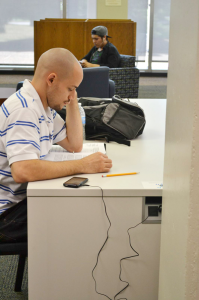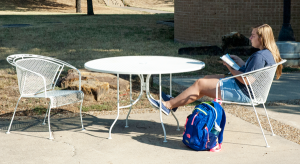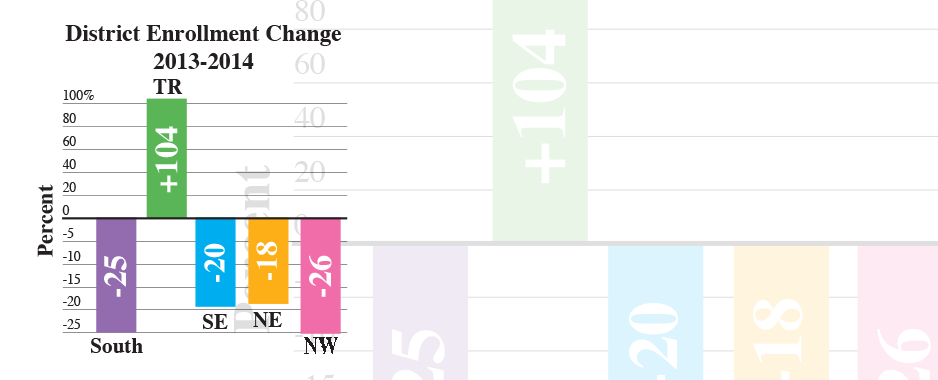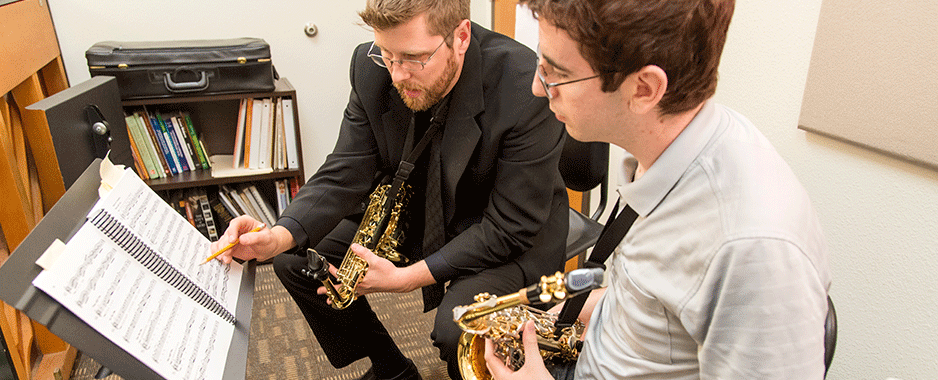
Marah Irving/The Collegian
by Nicholas Dean/reporter
Trying to balance classes and a social life is hard enough, but throwing studying into the mix is no easy feat.
Finding the happy medium may be the key to excelling in college, many students believe.
“Deciding when and where to start studying can be one of the hardest parts to studying,” said Tiffany Gipson, former TCC student and San Angelo State University graduate. “One thing I like to do is figure out what class I need to study for the most. Once I have, I will focus on that one class for a certain period of time.”
Students need time for breaks when studying, Gipson said. She recommended taking a break every 10 minutes for every 50 minutes of studying.
“Taking breaks and getting sleep are important,” Gipson said. “If you go hours and hours with no break or sleep, trying to cram it all in only makes it worse in the long run.”
Most students would say they do not get enough sleep. Not everyone needs to sleep for the same amount of hours, Gipson said, but an individual should try to sleep without an alarm to determine the body’s natural sleep rhythm.
While studying for that next exam is important, it is also necessary to have a life outside of school, Gipson said. Some students schedule their friends and studying at the same time while others prefer to have them be separate.

Audrey Werth/The Collegian
“I have studied many times with and without friends,” Gipson said. “It really depends on what I am studying. Studying with a friend is beneficial to me when it is for a class that I know I struggle with. My friend can help me with the class I am struggling with and vice versa.”
When students are ready for some social interaction, they need to schedule the social time in with the study time. Some students, like SE’s Gabby Jovan, find that making time for loved ones is what helps the most.
“Making time with friends and family keeps me sane,” she said. “It is all about time management. You have to schedule certain days for your friends and certain days where you deal with studying only. If you follow those methods, you cannot go wrong.”
To manage time wisely, students must know where their time goes, Jovan said. She suggested writing down every activity for seven days, such as eating, sleeping, traveling and studying — breaking it down into 24 one-hour increments.
At the end of the seven days, the person can total up the different tasks and see where the time goes.
“The next step would be to make a weekly schedule,” she said. “Schedule time making time for friends, family, work and studying. If it is written down, you can see it every day, and, most likely, you will do it.”
When scheduling study time, students should make sure they spend at least eight hours a week studying for each subject they are taking, Jovan said.
“No matter which route you take,” she said, “it is up to you to take control of your education.”
























